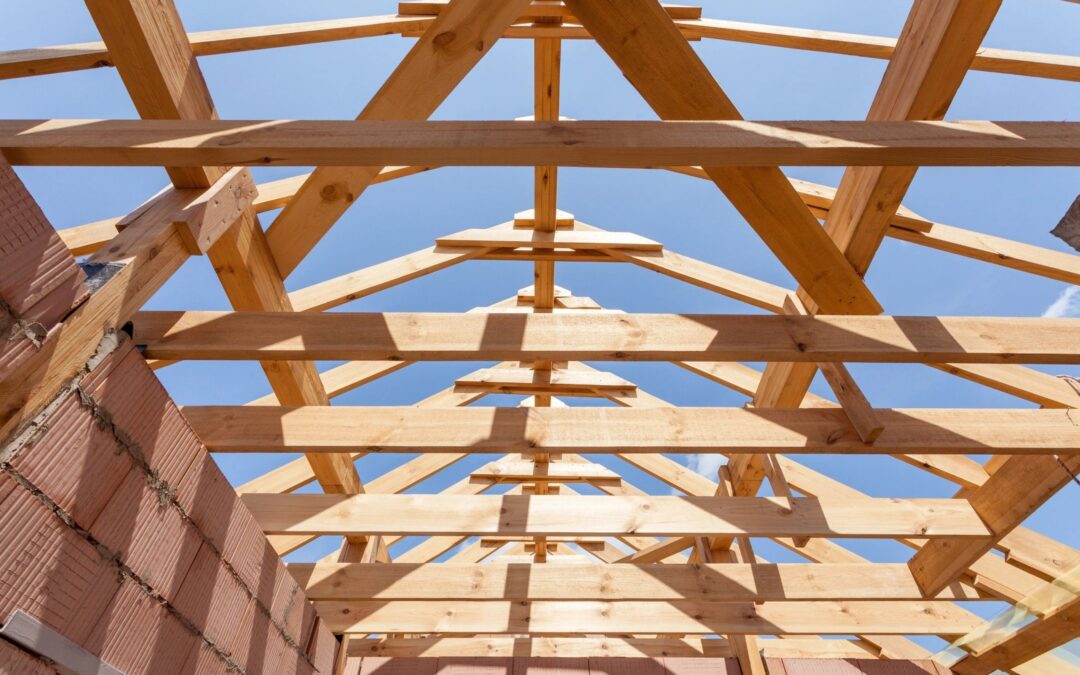By Evan Tassis and Matt Johnson –
The PTAB recently denied institution of inter partes review of a patent directed to determining the pitch of roofs after finding that Petitioner failed to directly challenge the sufficiency of Patent Owner’s priority assertions in Roofr Inc. v. Eagle View Technologies Inc., IPR 2023-00437. The PTAB determined that Patent Owner placed in the record evidence that called into question the prior art status of a reference (the “Kennedy” reference) and Petitioner did not adequately challenge that Kennedy was not prior art.
In its Preliminary Response, Patent Owner argued that Kennedy did not antedate the ’840 patent because (1) the claims of the ’840 patent were reduced to practice prior to Kennedy and (2) Petitioner did not establish that Kennedy was entitled to rely on the date of its provisional applications. Moreover, Patent Owner asserted that Petitioner was aware of Patent Owner’s antedating arguments, which were also asserted in a previous district court litigation involving the Patent Owner and cited in the amended complaint of the co-pending litigation between the parties. Patent Owner provided evidence to support its claim of an actual reduction to practice in the form of trial testimony of witnesses, including the testimony of the inventor of the ‘840 patent, and presented corroborating evidence of the testimony.
After filing the Preliminary Response, Petitioner requested authorization from the PTAB to file a reply brief. On reply, Petitioner did not directly challenge the sufficiency of Patent Owner’s priority assertions, but rather asserted the evidence was not relevant because the testimony was limited to only one of the asserted claims of the ’840 patent and the district court findings were not binding on Petitioner.
In its decision denying institution, the PTAB rejected Petitioner’s arguments regarding relevancy of the testimonial evidence, first explaining that Patent Owner’s evidence as to the one claim would also apply to the other asserted claims due to their substantial similarity. Subsequently, the PTAB highlighted that Petitioner’s other arguments regarding Patent Owner’s evidence “misapprehend the issue at hand.” The PTAB reasoned that the evidence need not be binding on Petitioner to be probative as to the prior art status of Kennedy for determining whether Petitioner has sufficiently shown a reasonable likelihood of success.
The PTAB concluded that Petitioner’s bare assertion that Kennedy is prior art based on a claim of priority to its provisional applications was insufficient in the face of testimony from the ’840 patent inventor and Patent Owner’s trial witnesses. The PTAB repeatedly explained that Petitioner was allotted briefing to address the issues raised in the Preliminary Response and Petitioner chose not to address the sufficiency of evidence that it referred to as “not relevant” without explaining why Patent Owner’s evidence lacked relevance. The failure of Petitioner to present an argument to support its view, especially after requesting the opportunity to do so, proved detrimental to institution.
Takeaway: Parties are reminded that to demonstrate a reasonable likelihood of success as to its challenges, a Petitioner must make a sufficient showing that the asserted art is in fact prior art to the challenged patent. In situations where evidence is presented by a Patent Owner that casts doubt on the priority of a reference, the Petitioner must sufficiently challenge the Patent Owner’s assertions. Evidence presented that may or may not be binding on a Petitioner may be considered probative as to the prior art status of a reference, and the Petitioner must be prepared to make more than bare assertions to support its argument as to why the evidence presented by a Patent Owner is unavailing.
Matthew Johnson
Latest posts by Matthew Johnson (see all)
- PTAB Allows Three Concurrent IPR Petitions for Unusual Patent Claims - April 25, 2025
- PTAB Finds Petition Time Barred - April 22, 2025
- Federal Circuit Reverses District Court’s Application Of Collateral Estoppel - April 11, 2025

